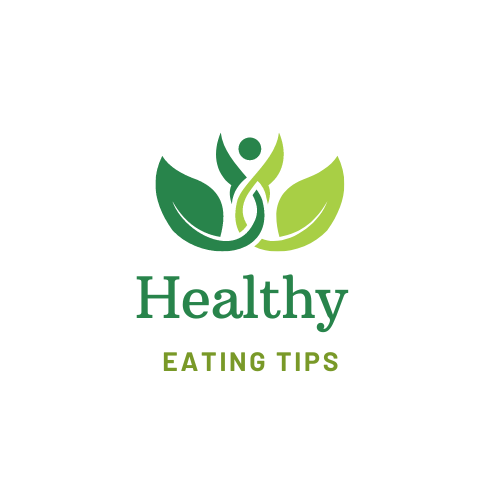Nutritious foods for elders are greatly impacted by several factors, one of them being a change in body composition. During the later years of life, the body will lose bone and muscle and gain fat because the hormones aren’t very active anymore. There are many factors that hinder an elderly person’s health. The information below will help you to lead a healthy life – no matter how old you may be.
Consider The Following Nutrients
Water
When we talk about nutritious foods for elders, It is important to know that water in the body decreases with age, so many older folks will become dehydrated very easily. Sometimes they won’t feel thirsty, while other times it is too much work to pour a glass of water. With this in mind, it’s recommended that they drink at least 1 ounce of water for every 2.2 pounds of weight.
Protein
When choosing nutritious foods for elders, it is important to know that at this stage in life, protein is very important. Protein is needed to support a healthy immune system and prevent the wasting of muscle. Since energy needs are less, older folks should eat high-quality protein such as eggs, lean meats, poultry, and fish.
Carbs and fiber
Carbohydrates are the primary source of energy for the entire body. You can find carbs in bread, cereals, pasta, and other grain products. A diet that’s high in fiber and water will help to prevent constipation as well.
Fat
Fat intake should be limited when we are faced with the choice of nutritious foods for elders but not completely eliminated from their diet. As we age, our metabolism slows down, and we become more susceptible to health problems related to excessive fat intake. Therefore, it’s important to choose lean meats, such as chicken, fish, and turkey, and avoid high-fat meats like beef and pork.
Iron
As we age, our appetite and ability to absorb nutrients can decline, which can increase the risk of developing an iron deficiency. So, it’s important for the elderly to consume sufficient amounts of iron-rich foods to maintain good health. Good sources of iron include lean red meats such as beef, lamb, and pork, which are high in heme iron, the most easily absorbed form of iron
Zinc
While zinc is present in a variety of foods, including plant-based sources such as legumes and whole grains, it is better absorbed from animal-based sources such as meat, poultry, and fish. These foods also tend to contain higher amounts of zinc per serving compared to plant-based sources. It’s important for the elderly to consume sufficient amounts of zinc to maintain good health. However, it’s also important to note that consuming too much zinc can lead to toxicity and adverse health effects. The recommended daily intake of zinc for adults over 50 years old is 8 mg for women and 11 mg for men.
Calcium
Calcium is one ingredient that most elders simply are not getting enough of. Most believe that milk upsets their stomach, therefore they will avoid it. They should be getting around 1,500 mg of calcium a day, and nonfat powdered milk can be used in recipes as a substitute for milk. Other foods such as yogurt, low-fat cheese, and broccoli can also help you meet the requirements for calcium.
Vitamin B12
In order to absorb the benefits of B12, the intrinsic factor must be produced by the stomach. Most elderly people suffer from a deficiency in B12 because they have a condition known as atrophic gastritis.
This condition causes inflammation of the stomach, bacterial overgrowth, and the intrinsic factor. Without the intrinsic factor, this vitamin can be absorbed.
Conclusion
Each one of the above nutrients is needed to keep an aged body in good health. Elderly individuals should try to stay active and strive for a well-balanced diet. Even though the aging body is not the same as it is.

